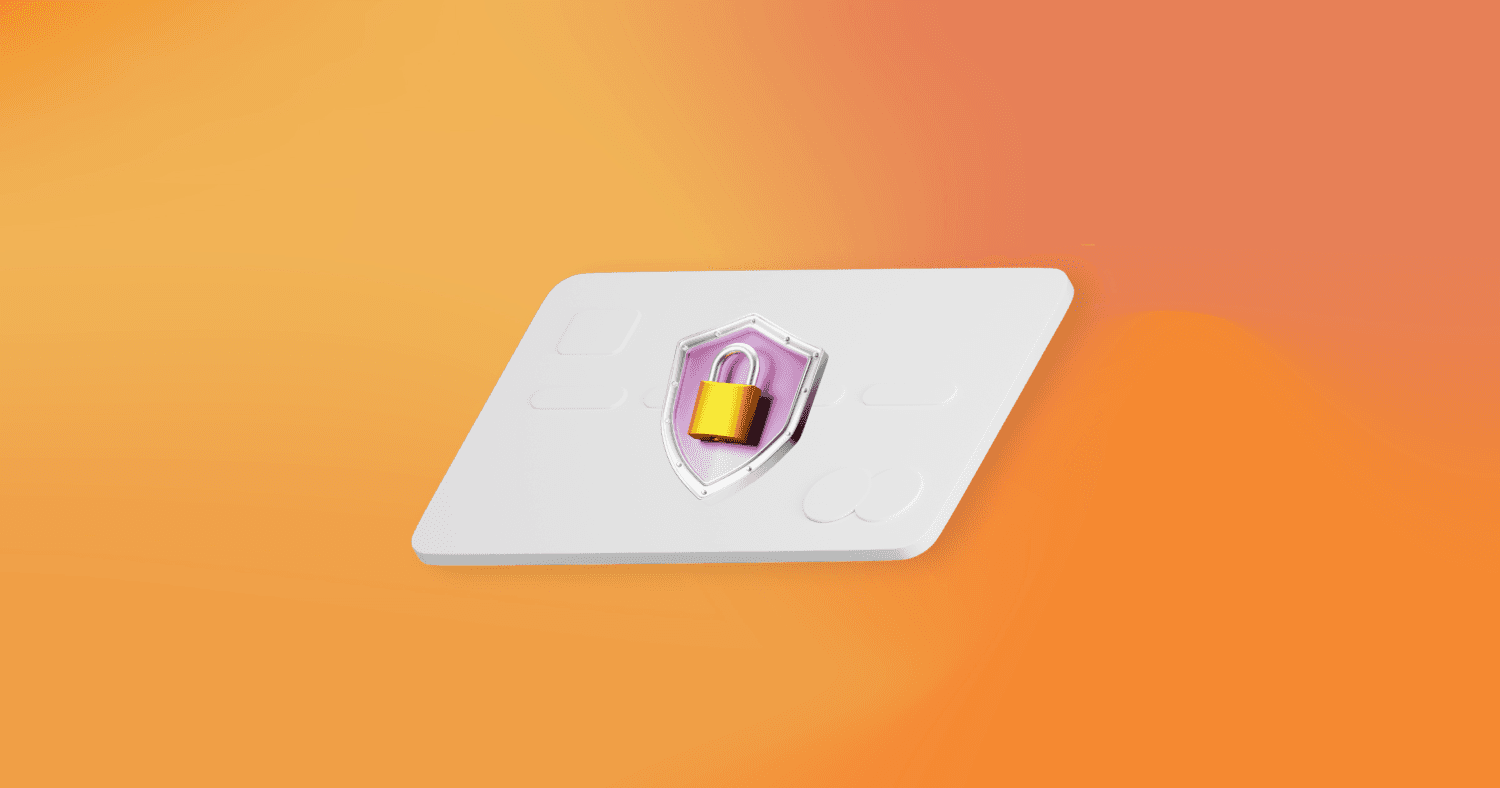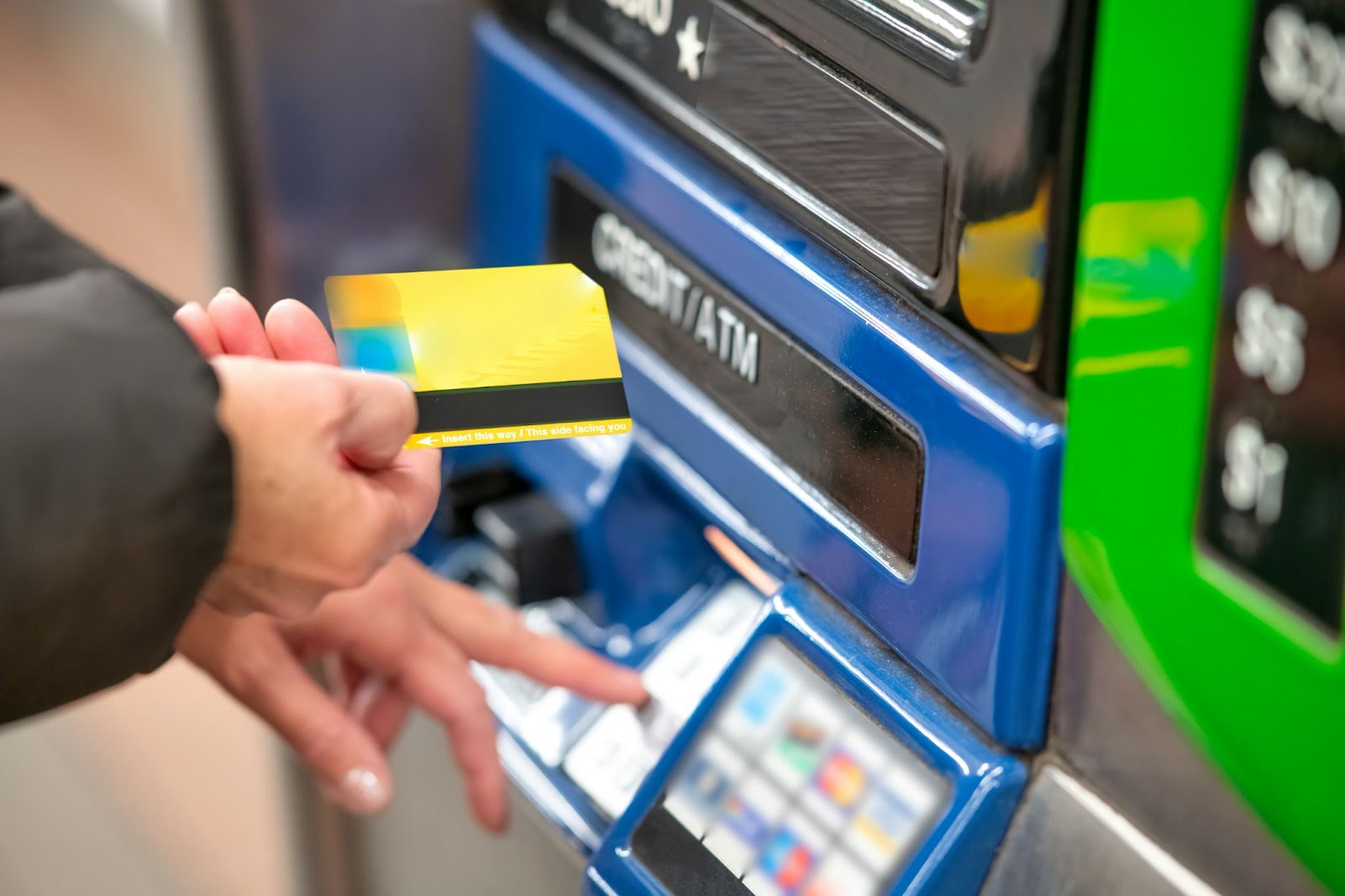Secured vs. Unsecured Credit Cards: Which is Right for You?
13 nov. 2024
Written by
Brianna Harrison (Credit Card & Travel Writer)

Table of contents
Title
It can be challenging to navigate the world of credit cards, especially if you have a limited or bad credit history. You may have heard of secured and unsecured credit cards, but what exactly are they, and how do they work?
In this blog, we’ll dive into everything you need to know and help you determine whether you should get an unsecured or secured credit card.
New to credit cards? Check out our other helpful articles:
What is a Secured Credit Card?
A secured credit card is designed to establish or rebuild your credit history. It is especially useful for newcomers to Canada, students, and those who can’t qualify for a regular, unsecured credit card.
To use a secured credit card, you’ll need to make a minimum cash deposit, which serves as collateral. This deposit amount is your credit limit, and you cannot spend more than that. For example, if you put a deposit of $500, you can only spend up to $500.
One major advantage of secured cards is that your payment history is reported to the major credit bureaus, like Equifax and TransUnion, which can build your credit history over time.
What Is An Unsecured Credit Card?
Unsecured credit cards are your “regular” credit cards, which you’ve probably heard us talk about in many articles. They do not require a security deposit, but they aren’t as easy to be approved for.
To get an unsecured credit card, you’ll need to have at least a fair to good credit score and proof of positive payment history. Some unsecured credit cards require a high annual income and have high annual fees (like the American Express Platinum Card), depending on whether they are travel, rewards, or cashback credit cards.
Unsecured credit cards often come with perks such as:
Cashback
Lower interest rates
Higher credit limits
Welcome bonuses
Incentives for spending in specific categories
Biggest Differences Between Secured vs Unsecured Credit Cards
These are the main differences between secured and unsecured credit cards:
Eligibility:
With secured credit cards, almost anyone can apply and get approved, making it ideal if you have a low or no credit history.
Unsecured credit cards require a good credit score and history for approval.
Credit limit:
Unsecured credit cards typically have higher credit limits based on your credit history.
Secured credit cards have a credit limit that matches the deposit amount.
Rewards:
Unsecured credit cards almost always come with some type of rewards program, whether it be cashback, points, or miles (like these airline credit cards!), along with benefits like travel and purchase insurance.
Secured credit cards typically don’t come with any rewards or benefits, but they do help increase your credit score.
Interest rates and fees:
Secured credit cards often have a higher interest rate than unsecured credit cards.
Unsecured cards can come with higher annual fees but more rewards and benefits.
Building Credit With a Secured vs Unsecured Credit Card
Secured and unsecured credit cards can help build your credit, as they both report your payments (on time or not) to the main credit bureaus in Canada. They collect info about your credit card balances and payment history to build a profile for you.
Secured credit cards are great if you don’t have a high credit score or are new to the country. Making on-time payments and keeping your balance relatively low are two of the most important things that can grow your credit score. Most secured credit card companies will review your account after about six to 12 months and offer you the opportunity to upgrade to an unsecured credit card.
If you already have a good credit score, using an unsecured credit card can enhance your credit profile. Again, making on-time payments and keeping your balance under 30% of your credit limit can help raise your credit score.

Earning Rewards With a Secured vs Unsecured Credit Card
When it comes to earning rewards–travel, points, or cashback–you’ll have so many more options with unsecured credit cards. Some of the best unsecured credit cards (that you can also use to pay your rent!) offer up to 4% cash back and high-earning potential for points that can be turned into free flights.
On the other hand, secured credit cards usually don’t come with any sort of rewards program. They only serve one purpose: build your credit score so you can be approved for better credit cards and products. Essentially, a secured card is the first stepping stone to a better financial future.
There is only one secured credit card in Canada that earns you cashback: the Secured Neo Mastercard (Note that it isn’t accepted by Chexy).
How to Choose Between Secured vs Unsecured Credit Cards
The answer here is quite simple: get a secured credit card if you can’t get an unsecured one and need to build your credit score. If you’re a newcomer to Canada, a student, or someone without much credit history, a secured credit card might be your best option.
In any other case, we recommend getting a “regular,” unsecured credit card. There are many benefits, including rewards, travel perks, and shopping and travel insurance coverage.
Alternative Ways to Build Your Credit
While getting a secured credit card is one of the best ways to build your credit, you can also:
Pay rent with your debit card and report timely rent payments: With Chexy, you can pay rent with your debit card and build credit simultaneously without using a credit card. Your monthly rent payments are reported to Equifax when you sign up for Chexy’s Credit Builder (for free!). Over time, your credit score will slowly rise.
Sign up as an authorized user on someone else’s credit card: If you don’t want to apply for a secured credit card, another option is to become an authorized user on a close friend or family member’s credit card. This allows you to benefit from their on-time payments and help build your credit score.
Get a monthly phone plan: If you’re new to the country and don’t already have one, get a phone plan. Most Canadian phone providers will report timely monthly bill payments to the credit bureaus, helping improve your credit score.
Whether you have an unsecured credit card and want to maximize your rewards or want to start building your credit, use Chexy to pay your rent with a debit or credit card. You can earn rewards, build your credit score, and access perks like affordable tenant insurance.
Note that we don’t recommend using a secured credit card with Chexy, as you won’t earn rewards on your payments, and it isn’t worth the fees. Use an unsecured credit card or debit card instead!
Subscribe to our newsletter below for up-to-date credit card, travel, and rental content.
† Terms and Conditions apply.
Disclaimer:
Frequently Asked Questions
How does Chexy help me earn rewards?
How does Chexy pay my bills?
How much does Chexy cost?
What credit cards does Chexy accept?
© Chexy inc
